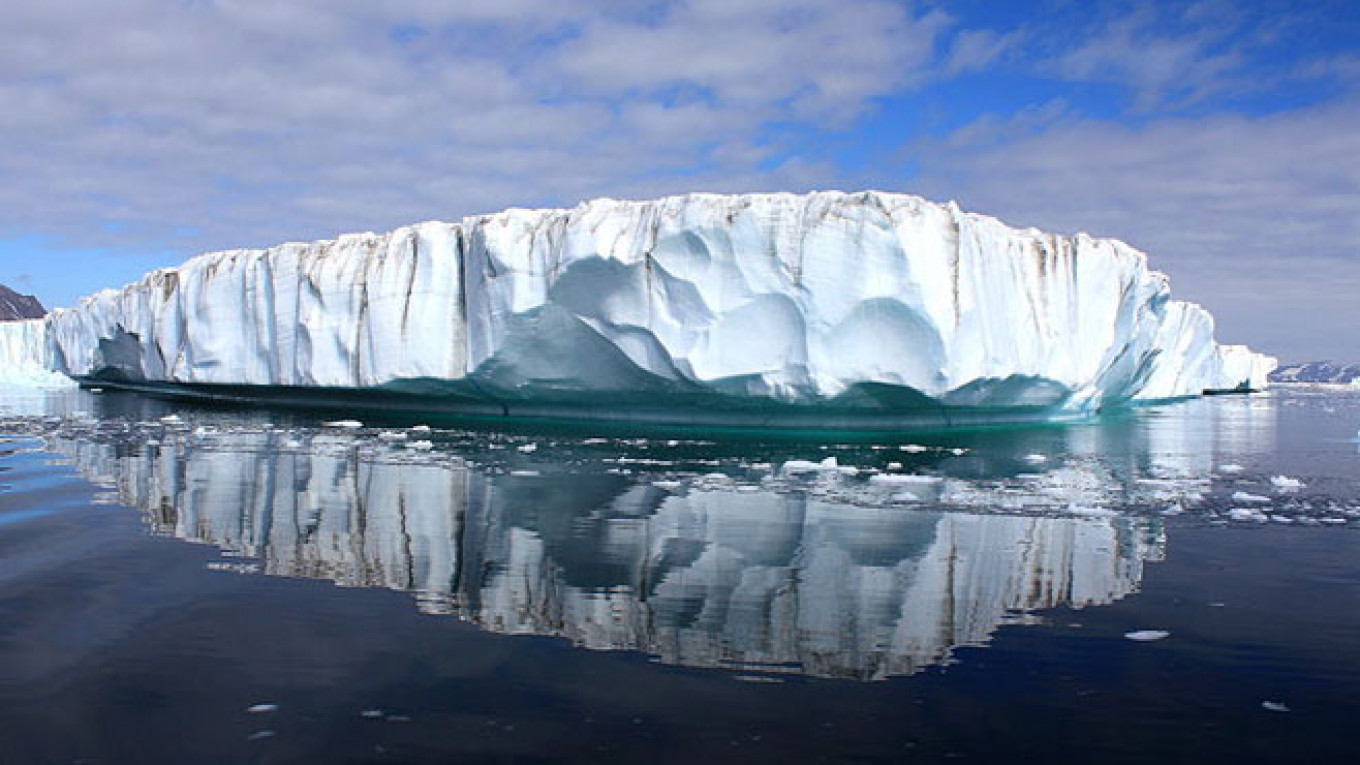Denmark's foreign minister says that scientific data show that Denmark has a right to the North Pole and any potential energy resources beneath it.
The claim is based on data that indicate the continental shelf of Greenland — a semi-autonomous Danish territory — is connected to a ridge beneath the Arctic Ocean that Russia and Canada also laid claim to.
Foreign Minister Martin Lidegaard said Denmark will deliver a claim on Monday to a UN panel in New York that will eventually decide who will control the area.
The five Arctic countries — the United States, Russia, Norway, Canada and Denmark — pledged back in 2008 that control of the North Pole region would be decided within the framework of the UN.
"I expect this to take some time. An answer will come in a few decades," Lidegaard said Friday, The Associated Press reported.
Russia has yet to comment on Lidegaard's statement officially, but the country has recently been on the forefront of the race for the Arctic, which is believed to hold an estimated 13 percent of the world's undiscovered oil and 30 percent of its untapped gas.
A Russian submersible planted the nation's flag in the seabed on the North Pole in 2007.
The same year, Russia filed a claim for 1.2 million square kilometers of territory around the Lomonosov Ridge, a piece of continental shelf that, according to Moscow, extended from Siberia.
Legal claims have been augmented by military and industrial muscle: Russia has begun offshore drilling in the Arctic and built military bases in several protected sites above the Polar Circle, including the Wrangel Island, a UNESCO World Heritage site.
The Danes were not impressed. "The Lomonosov ridge is the natural extension of the Greenland shelf," said Christian Marcussen, a senior geophysicist with the Geological Survey of Denmark and Greenland.
"Coincidentally, the North Pole, which is a tiny, tiny abstract spot lies in the area," he said in comments carried by The Associated Press.
The Danish claim to an area of 895,000 square kilometers is based on studies conducted jointly by scientists from Denmark, Canada, Sweden and Russia from 2007 to 2012.
(MT, AP)
A Message from The Moscow Times:
Dear readers,
We are facing unprecedented challenges. Russia's Prosecutor General's Office has designated The Moscow Times as an "undesirable" organization, criminalizing our work and putting our staff at risk of prosecution. This follows our earlier unjust labeling as a "foreign agent."
These actions are direct attempts to silence independent journalism in Russia. The authorities claim our work "discredits the decisions of the Russian leadership." We see things differently: we strive to provide accurate, unbiased reporting on Russia.
We, the journalists of The Moscow Times, refuse to be silenced. But to continue our work, we need your help.
Your support, no matter how small, makes a world of difference. If you can, please support us monthly starting from just $2. It's quick to set up, and every contribution makes a significant impact.
By supporting The Moscow Times, you're defending open, independent journalism in the face of repression. Thank you for standing with us.
Remind me later.






